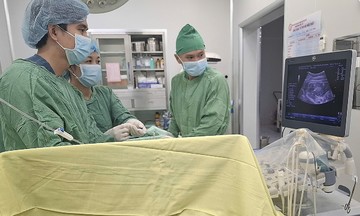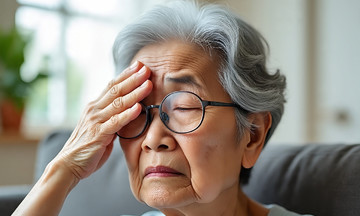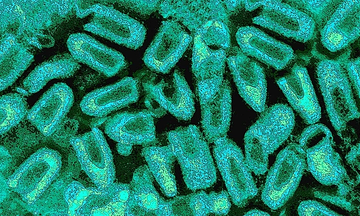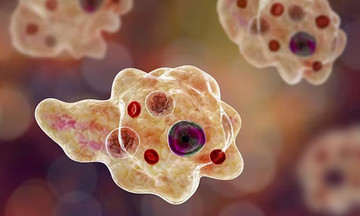Answer:
Hair loss after dengue fever typically appears about 1-2 months after recovery. This significant hair loss can last for 6-9 months, and even longer in some cases. Studies show this post-dengue hair loss can occur in both children and adults.
It's a consequence of the body's prolonged high fever. Blood and nutrients aren't adequately supplied, depleting the nutrients previously stored in hair follicles. This leads to dry, brittle hair that breaks and falls out excessively. Additionally, the treatment process itself can weaken patients, further depriving hair of essential nutrients.
This post-dengue hair loss is usually temporary. Hair will grow back after the body fully recovers. To improve hair health, you should adopt a varied diet rich in iron and protein, along with plenty of fresh fruits and vegetables. Moderate exercise suited to your health, regular exposure to nature and morning sunlight, and maintaining a positive mindset while avoiding stress and anxiety are also beneficial. If hair loss is accompanied by other unusual symptoms, seek medical attention for examination and treatment.
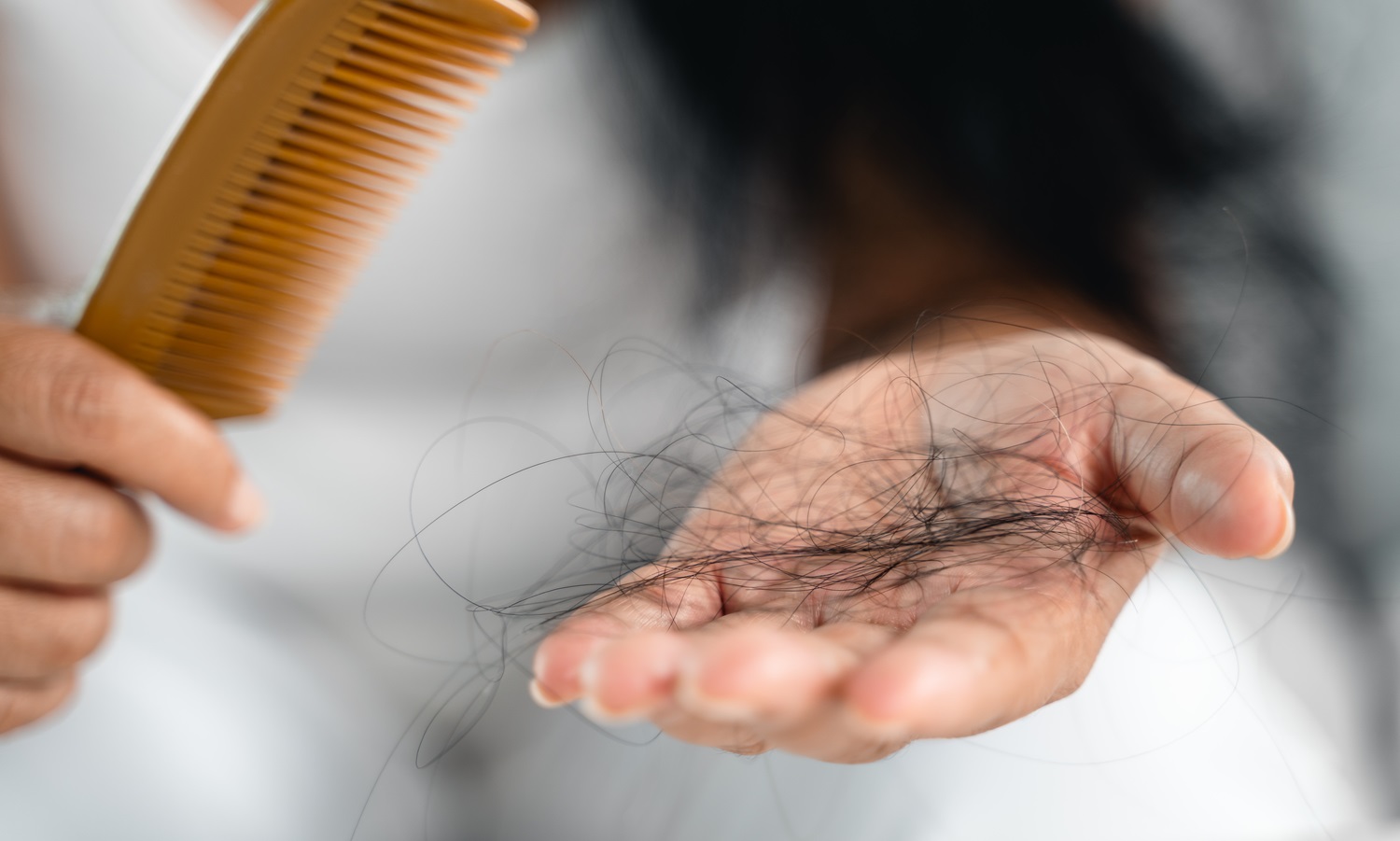 |
Significant hair loss after recovering from dengue fever. Illustration: Vecteezy |
Dengue fever is currently peaking in Vietnam. There are 4 serotypes of the virus that cause the disease: Den-1, Den-2, Den-3, and Den-4. A person can be infected 4 times, with subsequent infections potentially more severe due to antibody-dependent enhancement. Therefore, proactive prevention against reinfection is crucial.
Vietnam currently has the Qdenga vaccine, which reduces the risk of dengue fever by over 80% and the risk of hospitalization by over 90%. The vaccination schedule consists of two doses, 3 months apart, for children aged 4 and above, and adults. Women should ideally complete the vaccination schedule at least 3 months, or a minimum of one month, before pregnancy.
In addition, to enhance dengue fever prevention, the Ministry of Health recommends that everyone spend at least 10 minutes each week checking for and eliminating mosquito larvae to disrupt the disease's transmission cycle. Cover water storage containers tightly, clean and overturn unused containers, regularly change water in flower vases and potted plants, dispose of waste materials like bottles, use mosquito repellent, and sleep under mosquito nets even during the day. Wearing long-sleeved clothing is also recommended. Vaccination is a proactive and effective preventative measure.
Doctor Ha Manh Cuong
Medical Manager, VNVC Vaccination System
Readers can submit vaccine-related questions for doctors to answer here.




